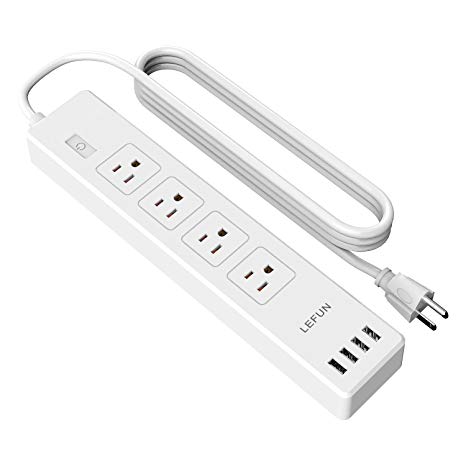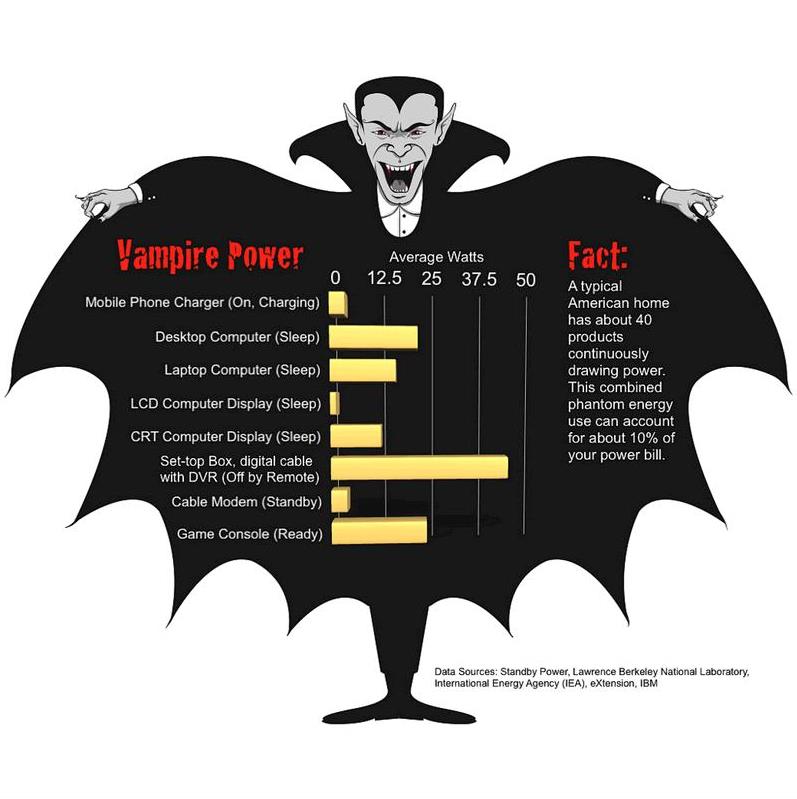
Keep it Simple
Whenever it is not in use, make sure to turn your microwave off at the switch. Plug your electronic equipment, television, stereo, computer and other key components in to a power strip that you can also turn off when you go to bed or when you do not plan on using them for a specific period.

Vampire Power
When you have something plugged in it is using energy, whether it is off or not. Vampire power can make up to 10% of your energy bill.
How to save energy with these energy-saving tips
1. Use a microwave. Heat up food in the microwave as often as possible – it’s generally the most efficient way to heat up and cook food because its relatively small size means that a stronger level of heat can be focused on whatever’s being cooked.
2. Be water-conscious. When you’re boiling food in a pan, make sure you only use the amount of water needed to cover the amount of food you’re cooking, because boiling water you don’t need can waste a lot of energy.
3. Take it slow. To save energy (and lessen the need to cook when you get home after work), try using a slow cooker to cook throughout the day – they only use about as much energy as a light bulb.
4. Leave enough defrosting time. Defrost frozen food in the fridge overnight or while you’re at work. Defrosting food in advance typically halves the cooking time and also means that you don’t need to use the energy of a microwave to defrost more quickly.
5. Don’t go for metal trays in the oven. Use glass or ceramic dishes in the oven wherever possible because they retain heat better than their metal counterparts, making them the most energy-efficient option.
For more ways follow the link below
https://www.uswitch.com/energy-saving/guides/free-energy-saving-tips/








